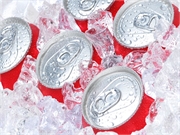
During the current coronavirus pandemic, U.S. hospitals are seeing fewer people for signs of stroke, a new study finds. Evaluations for stroke have dropped nearly 40%, said researchers who looked at data from more than 850 hospitals across the country. “Our stroke team has maintained full capacity to provide emergency stroke treatment at all times,… read on >






























